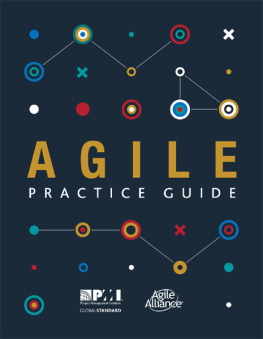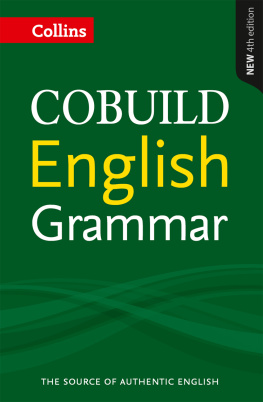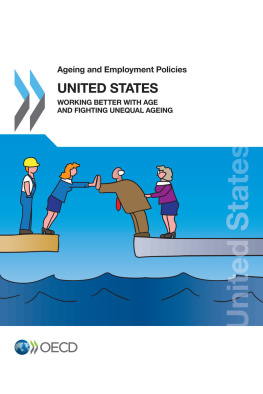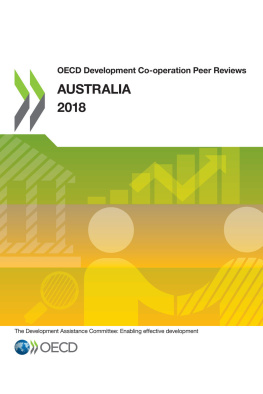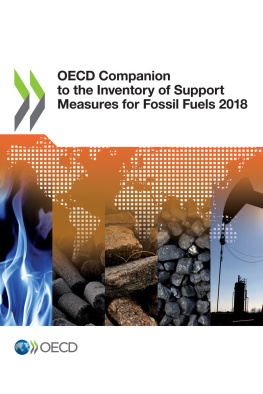coll. - Ageing : Debate the Issues. : OECD Insights.
Here you can read online coll. - Ageing : Debate the Issues. : OECD Insights. full text of the book (entire story) in english for free. Download pdf and epub, get meaning, cover and reviews about this ebook. year: 0, publisher: OECD., genre: Politics. Description of the work, (preface) as well as reviews are available. Best literature library LitArk.com created for fans of good reading and offers a wide selection of genres:
Romance novel
Science fiction
Adventure
Detective
Science
History
Home and family
Prose
Art
Politics
Computer
Non-fiction
Religion
Business
Children
Humor
Choose a favorite category and find really read worthwhile books. Enjoy immersion in the world of imagination, feel the emotions of the characters or learn something new for yourself, make an fascinating discovery.

Ageing : Debate the Issues. : OECD Insights.: summary, description and annotation
We offer to read an annotation, description, summary or preface (depends on what the author of the book "Ageing : Debate the Issues. : OECD Insights." wrote himself). If you haven't found the necessary information about the book — write in the comments, we will try to find it.
coll.: author's other books
Who wrote Ageing : Debate the Issues. : OECD Insights.? Find out the surname, the name of the author of the book and a list of all author's works by series.
Ageing : Debate the Issues. : OECD Insights. — read online for free the complete book (whole text) full work
Below is the text of the book, divided by pages. System saving the place of the last page read, allows you to conveniently read the book "Ageing : Debate the Issues. : OECD Insights." online for free, without having to search again every time where you left off. Put a bookmark, and you can go to the page where you finished reading at any time.
Font size:
Interval:
Bookmark:
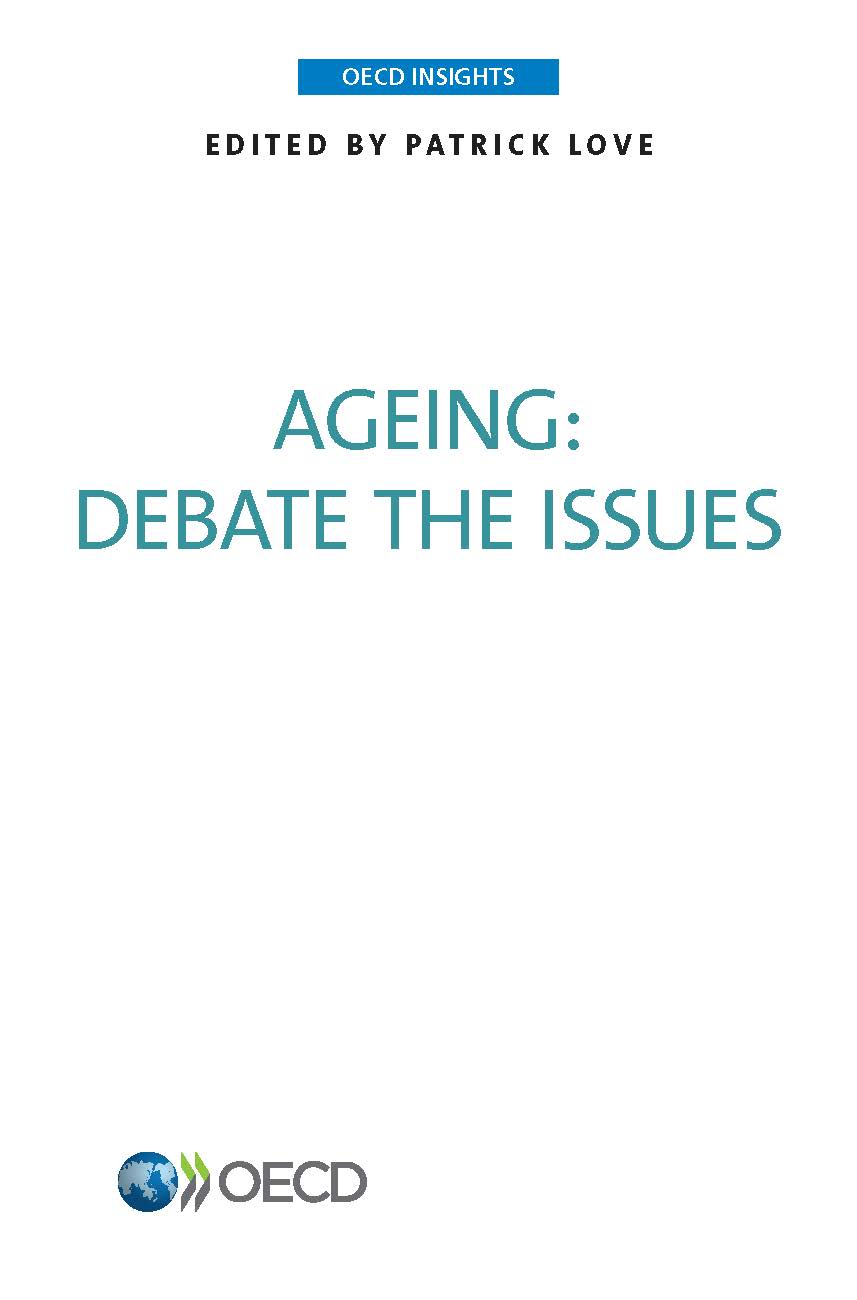
Flicitations et merci davoir tlcharg lun de nos tout nouveaux ePub en version bta.
Nous exprimentons ce nouveau format pour nos publications. En effet, mme si lePub est formidable pour des livres composs de texte linaire, le lecteur peut tre confront quelques dysfonctionnements avec les publications comportant des tableaux et des graphiques tout dpend du type de support de lecture que vous utilisez.
Afin de profiter dune exprience de lecture optimale, nous vous recommandons :
- Dutiliser la dernire version du systme dexploitation de votre support de lecture.
- De lire en orientation portrait.
- De rduire la taille de caractres si les tableaux en grand format sont difficiles lire.
Comme ce format est encore en version bta, nous aimerions recevoir vos impressions et remarques sur votre exprience de lecture, bonne ou autre, pour que nous puissions lamliorer lavenir. Dans votre message, merci de bien vouloir nous indiquer prcisment quel appareil et quel systme dexploitation vous avez utilis ainsi que le titre de la publication concerne. Vous pouvez adresser vos remarques ladresse suivante :
Merci !
Congratulations and thank-you for downloading one of our brand-new ePub-in-beta editions.
We're experimenting with this new format and, while ePub is fantastic for books with linear text, for books with charts, tables and graphs weve found some things may not work perfectly it depends on the device youre using.
So, for an optimal reading experience, we recommend:
- Using the latest version of your devices operating system.
- Reading in portrait mode.
- If large tables are tricky to read, try reducing the text size.
As this is an ePub-in-beta edition, we would be glad to receive feedback on your reading experience, good or otherwise, so we can improve for the future. When writing, please let us know which device/operating system you were using and the title of the publication. Write to:
Thank you!
OECD (2015), Ageing: Debate the Issues, OECD Publishing, Paris, http://dx.doi.org/10.1787/9789264242654-en.

OECD Insights are a series of reader-friendly books that use OECD analysis and data to introduce some of todays most pressing social and economic issues. They are written for the non-specialist reader, including interested laypeople, older high-school students and undergraduates. The books use straightforward language, avoid technical terms, and illustrate theory with real-world examples.
The OECD Insights: Debate the Issues series brings together a selection of articles from the OECD Insights blog ( http://oecdinsights.org/ ) on major social and economic issues. Experts from inside the OECD and outside the Organisation present data, analysis and their personal views of the implications of these for our societies and policy making.
The collection on ageing follows a discussion at the 2014 OECD Forum IdeaFactory A New Age ( www.oecd.org/forum/about/ideafactory.htm ). That discussion examined the consequences for pensions and health care, but also the implications of ageing with regard to migration, balancing family and working life and emerging business opportunities to respond to the needs of the elderly.
You can take part in the debate by sending us your comments on the articles on the Insights blog.
The Aeon Mall in the Japanese city of Funabashi offers pretty much everything youd want in a mall groceries, clothes, electronics and more. But it has a few extras, too large-print signs, clinics offering diabetes tests, 5% discounts on pension day, slow-moving escalators, same-day deliveries of bifocal spectacles.
If you havent guessed already, this is a mall with a mission to sell to the elderly. Why? These are the wealthiest, most active, healthiest and longest-living retirement generation in the history of the world, Aeons Jerry Black told the Financial Times .
Across the world, societies are ageing there are fewer younger people and more older people. The numbers are striking: In Japan in 1963 only around 1 in 16 people was aged 65 or over; a half century later, in 2013, the proportion was 1 in 4. Over the same period, Italy saw its elderly population double from less than 1 in 10 to more than 1 in 5. These countries are not alone: Today, there are over 900 million people in the world over the age of 60. By 2050, that number is forecast to rise to 2.4 billion.
The ageing of our societies is a slow and gradual process and not one most of us really notice. But make no mistake, we will all feel its impact.
This edition of OECD Insights: Debate the Issues examines how this great demographic shift will be felt in almost every aspect of our lives in jobs, in healthcare, in pensions and personal finances, in economic growth, in transport and in rich countries and developing countries.
There are two main reasons why our societies are ageing fewer children are being born and people are living longer.
Birth rates have been falling across much of the world in recent years, and OECD countries are no exception. In 1970, the average woman in an OECD country had 2.7 children in her lifetime. Today, the figure is around 1.7. That number is significant because it now means that in all but one OECD country (Israel), birth rates have dipped below the replacement rate of 2.1 children thats needed to maintain a stable population size (excluding any impact from migration).
Font size:
Interval:
Bookmark:
Similar books «Ageing : Debate the Issues. : OECD Insights.»
Look at similar books to Ageing : Debate the Issues. : OECD Insights.. We have selected literature similar in name and meaning in the hope of providing readers with more options to find new, interesting, not yet read works.
Discussion, reviews of the book Ageing : Debate the Issues. : OECD Insights. and just readers' own opinions. Leave your comments, write what you think about the work, its meaning or the main characters. Specify what exactly you liked and what you didn't like, and why you think so.



